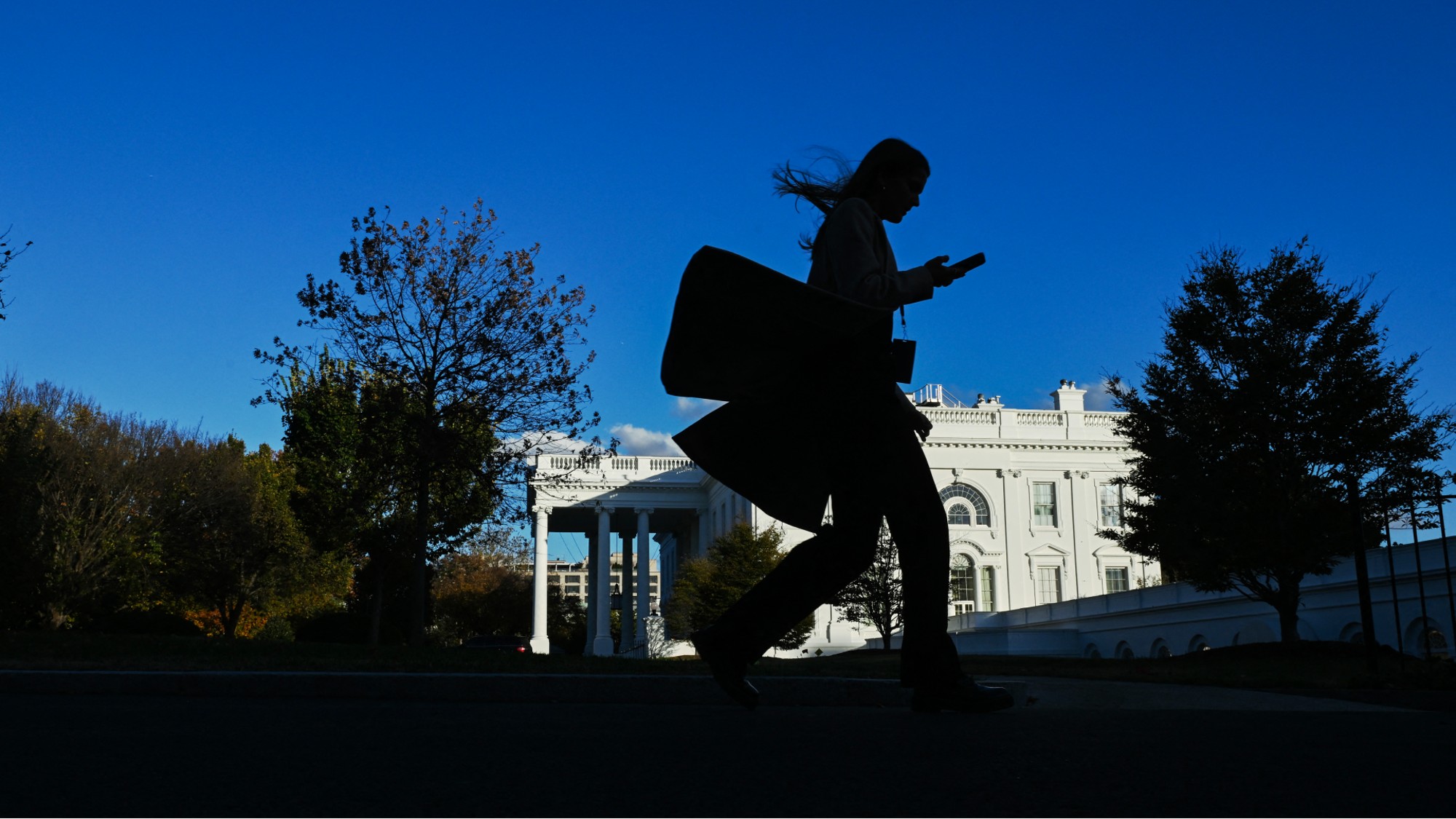
- Select a language for the TTS:
- UK English Female
- UK English Male
- US English Female
- US English Male
- Australian Female
- Australian Male
- Language selected: (auto detect) - EN
Play all audios:
Until two years ago, Estelle Chandler, age 101, lived independently in Austin, Indiana. Chandler drove her minivan around town to visit friends, run errands and shop for groceries. At home
she prepared her own meals. But in 2019, she fell and broke both femurs and crushed a knee. Now Chandler needs a walker and paid caregivers to help her out of bed and up from the couch, to
cook, and to drive her to doctor's appointments and stores, says grandson Jon Hendren. An agency provides a caregiver every weekday from 6:00 a.m. to 3:00 p.m. A next-door neighbor, who
is a nurse, helps Chandler into bed each evening and fixes meals on the weekend. "Mentally, she is all there,” says Hendren, who lives in Indianapolis and coordinates Chandler's
care. At times, it can be a stressful responsibility. “It's a very scary feeling knowing that her network can break down any time and her immediate needs not be met,” Hendren says. When
such breakdowns occur, the agency is not always able to provide a backup caregiver, and the neighbor is not always available to cover. Once Chandler called an 86-year-old friend to help.
Other times, Hendren has had to make the two-hour drive to Austin. Unexpected no-shows happen all the time, say eldercare experts. They strongly advise families to prepare for them in
advance to avoid having to scramble at the last minute to fill gaps in caregiving. REVIEW AN AGENCY'S BACKUP PLAN If they're hiring through an agency, families should review with
the agency its ability to provide substitutes for employees who unexpectedly need to take time off, says Sam Tatel, president of Companions for Seniors, a home care agency in Chicago that
employs 35 trained, bonded and insured caregivers. "We have backup caregivers ready to go, people who we would say are on call,” Tatel says. His backup personnel get plenty of work
filling in for caregivers who have personal emergencies or simply need a break from a demanding assignment. HIRE MORE THAN ONE CAREGIVER Preparing for gaps in paid caregiving is especially
important for families that hire caregivers directly — through word of mouth, for example — and do not have an agency to rely on. Amy Goyer, AARP's family and caregiving expert,
suggests that such families consider hiring two caregivers to split the weekly hours. "That way there is always another person as a backup that you can contact, if they are available,”
and that person is familiar with the loved one's routine, says Goyer. TAP INTO CAREGIVER NETWORKS







